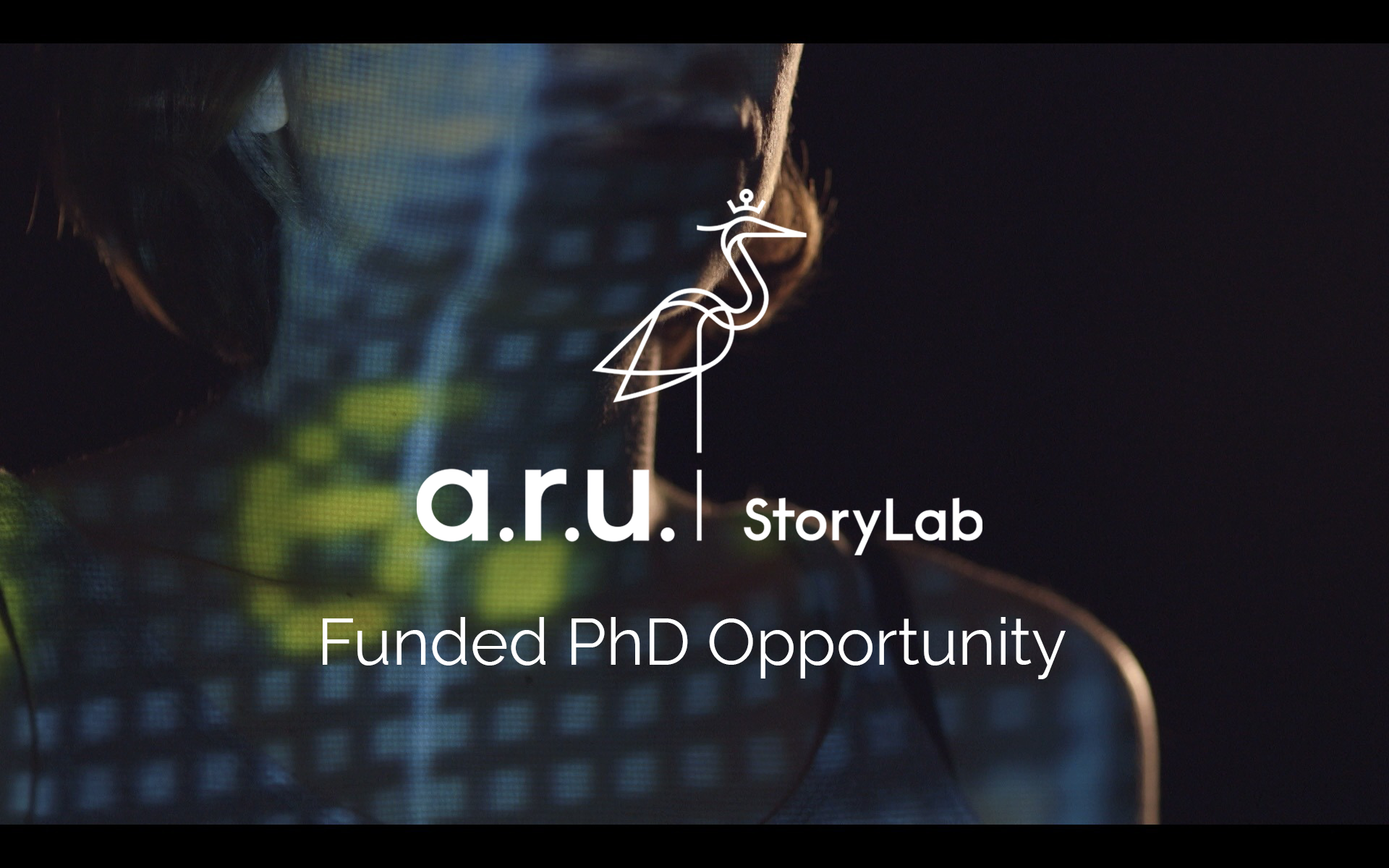Key Details
“Community-centred heritage and language revitalisation powered by creative technologies and immersive storytelling“
Supervised by Dr Fabrizio Galeazzi, Prof Viren Swami, Dr Sebastian Rasinger
Funded PhD Project (UK Students Only)
Closes Monday May 13, 2024
Begins September 2024
Cambridge, UK
About the Project
This PhD will explore how creative technologies and immersive storytelling can support the revitalisation of the endangered heritage, languages, and identities of minority groups, as well as opportunities for social integration across marginalised communities.
Endangered intangible heritage and language (EIHL) communities hold unique traditional knowledge that supports a distinct sense of place-making and traditions of cultural and heritage sustainability. Due to their small scale, these marginalised communities face increasing threats to their cultural heritage. One often overlooked aspect in minority language and cultural heritage studies is the involvement of various social actors — local, supranational, and global — who lay claims to and manage linguistic and cultural heritage.
Building on previous research at Storylab, this project will evaluate the effectiveness of interactive 3D immersive (XR – Extended Reality) storytelling in heritage research for the study and preservation of minority languages and cultures. Specifically, the PhD student will focus on Cornish, a “revived”/awakening language that had no surviving native speakers in 1800 but has since seen a re-emergence. This will be achieved via a mixed-methods approach based on creative and practice-based principles that combine 3D immersive technologies, multimodal storytelling, and empirical research. This assessment will be characterised by a three-step evaluation approach that will help understand how to use XR technologies in a more critical and effective way for increasing people’s awareness of endangered heritage and languages. A comparison will be made between a fully immersive 3D VR application and an experience blending the ‘physical’ and ‘virtual’ using AR/MR technologies.
Expected Research Objectives
· To engage with relevant stakeholders to develop a strategy to ensure that local needs and demands are captured in outputs.
· To fully develop applications (i.e., VR and AR/MR) that are responsive to stakeholder requirements.
· To assess the effectiveness of the finalised applications at promoting engagement with endangered intangible heritage and languages.
Expected Outcomes and Impact
Outcomes
Outcome 1. Three-step evaluation approach that will help understand how to use XR technologies in a more critical and effective way for increasing people’s awareness of endangered heritage and languages. These will include: 1) C0-creation/co-design leading to the development of the immersive experiences; 2) Development of Immersive experiences; 3) Empirical evaluation to assess the effectiveness of co-created immersive experiences at promoting engagement with EIHL, awareness of Cornish heritage and knowledge transfer, as well as individual-level audience responses.
Outcome 2. Policy recommendations, best-practice guidelines and toolkits to design and develop more effective XR storytelling for the revitalisation and preservation of EIHL. Moreover, the project will show how citizen participation, multi-disciplinarity, and the creative connotations of digital innovation can be crucial and effective means for consolidating and promoting multilingualism and EILH in the UK and globally.
Outcome 3. Immersive experiences (i.e., VR and AR/MR), journal articles and/or monographic work at the end of the PhD.
Impact
The project will empower local communities through knowledge transfer and participatory creative practice research for the development of more sustainable and integrated digital innovation and XR immersive storytelling. It will develop strategies and protocols for local organisations and policymakers to foster the (re)discovery of linguistic heritage and its importance in identity formation of a more inclusive community by delivering impact for the following:
– Communities and Public by providing sustained and participatory solutions for the revitalisation of EIHLs, and greater participation and exchange of citizens in value-led processes. This will be possible by providing medium-/long-term sustainable impact strategies and comprehensive bottom-up solutions for the revitalisation of EIHL.
– Academia by understanding the current state of endangered EIHL and XR innovation potential (infrastructural, social & behavioural), and what type of innovation spill overs do XR and immersive storytelling create in the heritage sector.
– Cultural Heritage Professionals (GLAM Digital Collection curators, other GLAM professionals) by providing sustained digital solutions, standards and best practices that can be shared and adopted by others. This will be possible by defining practices and strategies to capture EIHL, understanding audience development as a source of innovation, and exploring the most effective platforms/technologies to produce accessible content.
– Creative Industries by providing new solid research evidence of the potential use of immersive storytelling and XR technologies in a fast-growing area of development in the creative industry at the intersection of digital creativity, innovation and cultural heritage.
If you would like to discuss this research project please contact Emily Campbell, Business Manager, StoryLab, emily.campbell@aru.ac.uk.
Who are we looking for?
You should have (or expect to achieve) a 2:1 Bachelor’s Degree in a cognate discipline. A Master’s degree in a relevant subject is desirable.
You’ll need to be prepared to study on a full-time basis, attending at our Cambridge campus, starting in September 2024. You would be expected to live a reasonable travel distance from the campus during the PhD.
How to apply
Applications must be submitted through the online application portal on the ARU website.
You will also the following documents available electronically to upload them to the application portal (we can accept files in pdf, jpeg or Word format):
1. Certificates and transcripts from your Bachelor and Master’s degrees (if applicable)
2. Your personal statement explaining your suitability for the project. We recommend uploading this as a Word or pdf file, but you can also type it directly on the form.
3. Passport and visa, or EU Settlement Scheme share code (if applicable)
4. Curriculum Vitae
You do not need to upload a research proposal with your application, only a personal statement is needed.
We will review all applications after the submission deadline of 13th May. Interviews are expected to take place in late May.
If you have any queries relating to the application process or the terms and conditions of the studentship, please email phdscholarships@aru.ac.uk.

